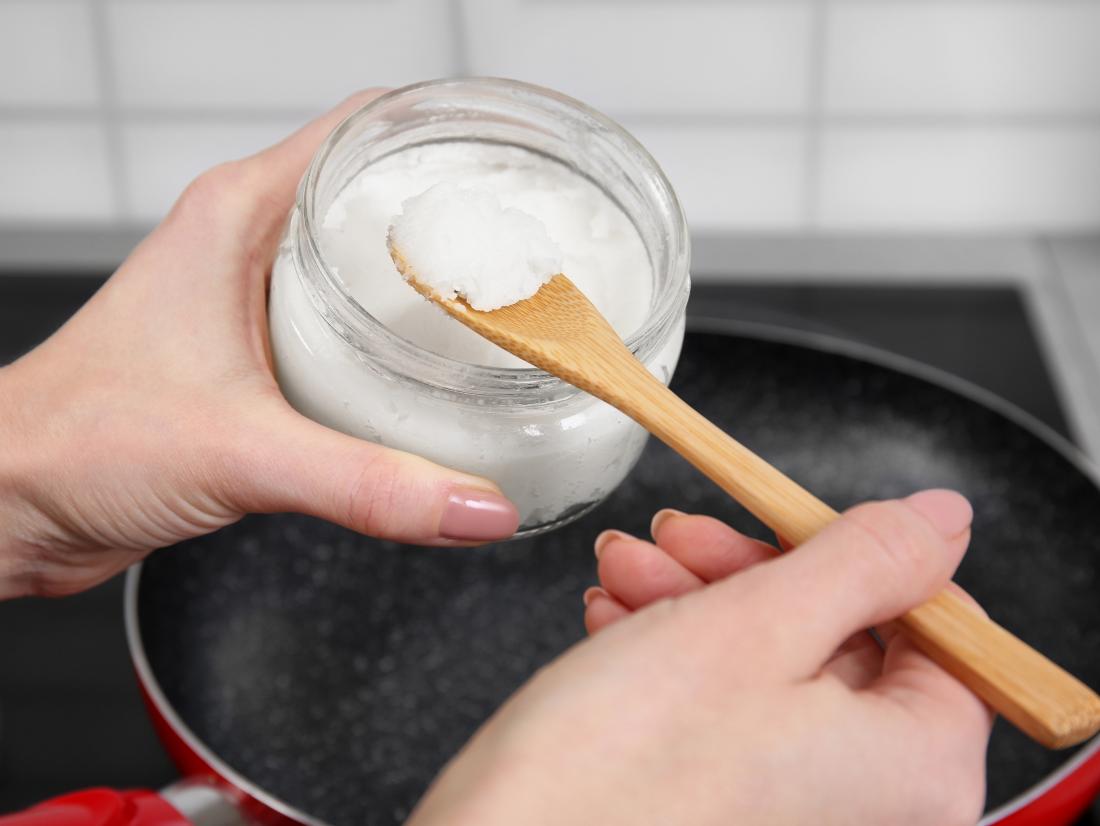Expert Guide: How to Make Canola Oil at Home
Written By James Morgan
Learn how to make canola oil at home with this step-by-step guide. Perfect for BBQ enthusiasts who value homemade and healthier alternatives. Follow our expert tips to create your own canola oil.
Have you ever wondered what goes into the canola oil you use for grilling and barbecuing? Making your own canola oil at home is easier than you think and can bring a unique touch to your BBQ recipes. In this comprehensive guide, we'll take you through every step of the process, ensuring you get a high-quality product right from your kitchen.

Table of Contents
- Understanding Canola Oil
- Benefits of Homemade Canola Oil
- Equipment Needed
- Raw Materials Selection
- Preparation
- Extraction Process
- Filtration
- Storing Your Canola Oil
- Tips for BBQ Enthusiasts
- FAQs on Canola Oil
- Conclusion

Understanding Canola Oil
Before diving into the process, it's essential to understand what canola oil is and its numerous benefits. Canola oil is derived from the seeds of the canola plant, which belongs to the Brassica family. Known for its light flavor, high smoking point, and heart-healthy properties, canola oil is a popular choice for frying, grilling, and baking.

Benefits of Homemade Canola Oil
Making canola oil at home has several advantages:
- Freshness: Homemade oil is fresher and free from preservatives.
- Quality Control: You control the quality and type of seeds used.
- Healthier Option: Avoid the chemicals and additives found in commercial oils.
- Cost-Effective: Save money in the long run by producing your own oil.

Equipment Needed
Gather these essential tools for the oil-making process:
- Seed Cleaner
- Oil Press
- Filtration System
- Storage Containers
Raw Materials Selection
Selecting high-quality canola seeds is crucial for obtaining the best oil. Look for seeds that are:
- Non-GMO
- Organic (if possible)
- Free from debris and contaminants
Preparation
Before extracting the oil, you need to prepare the seeds:
- Cleaning: Use a seed cleaner to remove dirt and debris.
- Drying: Ensure seeds are dry to facilitate oil extraction.
Extraction Process
Follow these steps for oil extraction:
- Preheating: Preheat your oil press according to the manufacturer's instructions.
- Pressing: Place the seeds into the press and start the extraction process.
- Collecting: Collect the crude oil and meal separately.
Filtration
Once you have extracted the crude oil, it needs to be filtered to remove impurities:
- Settling: Allow the crude oil to settle, letting larger particles sink to the bottom.
- Filtering: Use a fine mesh filter or filter press to remove smaller particles.
- Final Filtration: For the best quality, use a micron filter to get the clearest oil.
Storing Your Canola Oil
Proper storage ensures your homemade canola oil stays fresh:
- Use Air-tight Containers: Store the oil in clean, air-tight glass or stainless steel containers.
- Keep in a Cool, Dark Place: Avoid exposing the oil to heat or direct sunlight.
- Label and Date: Always label and date your containers to monitor freshness.
Tips for BBQ Enthusiasts
Here are some tips to make the most of your homemade canola oil in BBQs:
- Marinades: Use canola oil in your marinades for a light flavor that won't overpower your meat.
- Grilling: Its high smoke point makes canola oil perfect for grilling at high temperatures.
- Seasoning: Brush your grill with canola oil to reduce sticking and add a slight flavor.
FAQs on Canola Oil
- Is homemade canola oil healthier than store-bought? Yes, it can be healthier as it avoids the chemicals and preservatives found in commercial oils.
- How long does homemade canola oil last? If stored properly, homemade canola oil can last up to a year.
- Can I use homemade canola oil for deep frying? Absolutely! Its high smoke point makes it great for deep frying.
- What else can I use canola oil for? Besides cooking, canola oil can be used for baking, salad dressings, and even homemade skincare products.
- Can I use any type of canola seed? For best results, use high-quality, non-GMO, and organic seeds.
- Will homemade canola oil solidify? At low temperatures, canola oil can turn cloudy and thick but will return to normal at room temperature.
Conclusion
Making canola oil at home is a rewarding and straightforward process. With the right tools and high-quality seeds, you can enjoy fresh, chemical-free oil that's perfect for all your BBQ needs. So, roll up your sleeves and start pressing that golden oil. Your grilled dishes will thank you!
As an Amazon Associate, I earn from qualifying purchases.



